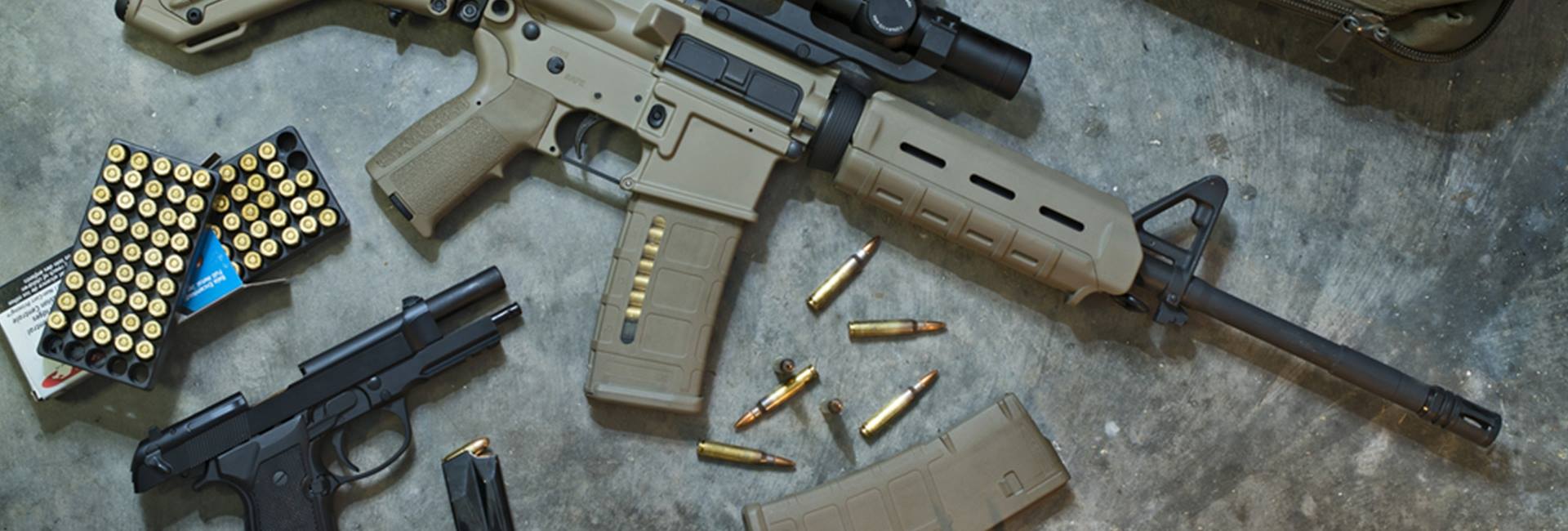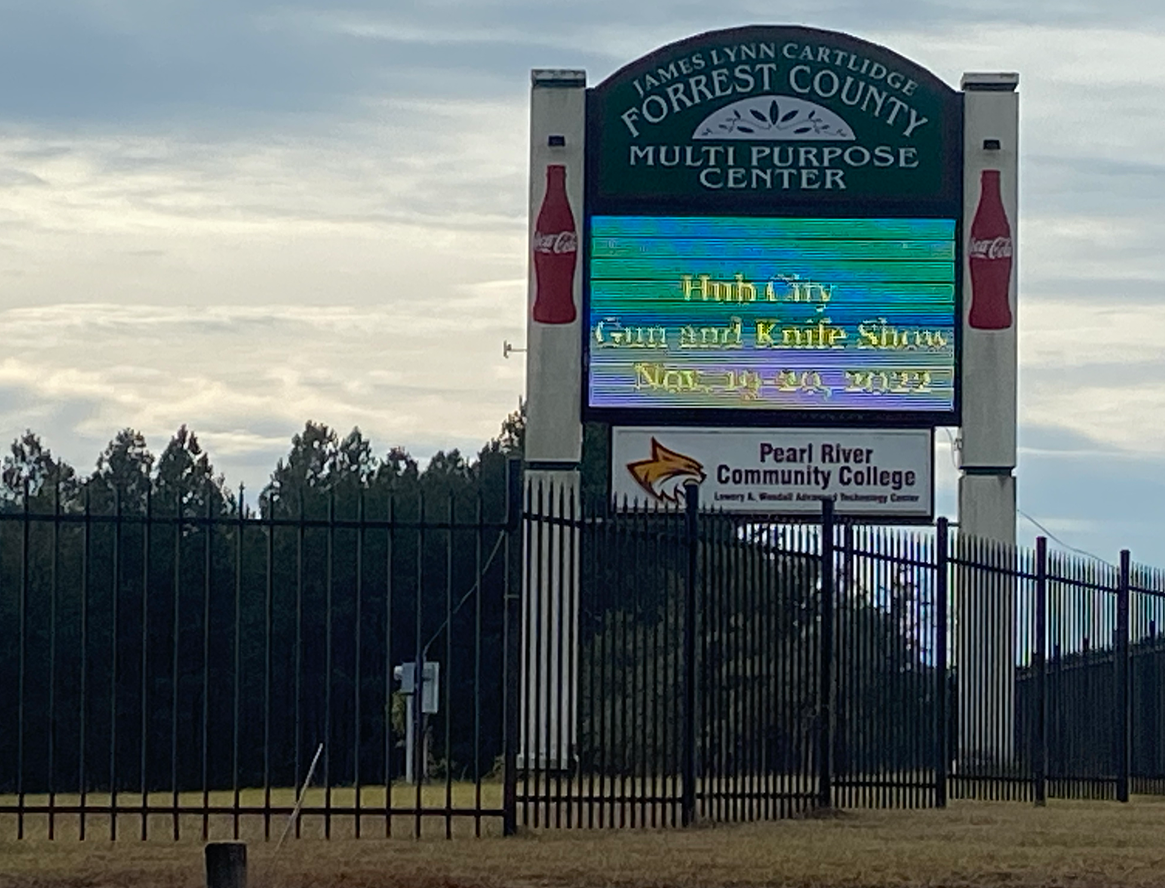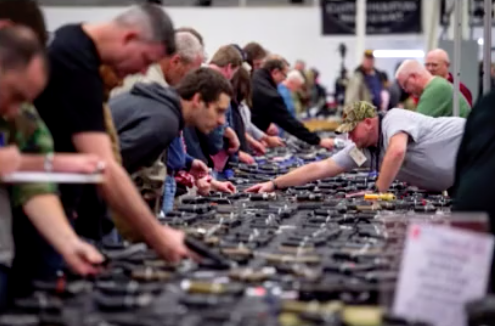How to Get a Concealed Carry Permit
Big Pop • September 1, 2020
This is a general guide on how to get a concealed carry permit. It is imperative to know that each state handles it differently, and this is only a basic overview.

There’s a lot to consider when one stats the process of getting a concealed carry permit. As they say, “With great power, comes great responsibility.” Not only does one have to recognize the moral responsibility, but also the laws that come with a concealed carry license.
Before you get started, know this won’t be an easy process. It’s just like any other government issued permit or license, one has to jump through rings of fire. Each state does this process differently.
Check Your State’s Laws
First thing that you have to do is familiarize yourself with the gun laws in your state. Pay close attention to your state’s carry laws and know how your state issues permits. There are three (3) types of states that issue permits.
Shall Issue States - These states shall issue you a concealed carry permit if you pass the background check, with as a few additional steps (depending on the state). These states include: Alabama, Alaska, Arizona, Arkansas, Colorado, Florida, Georgia, Guam, Idaho, Illinois, Indiana, Iowa, Kansas, Kentucky, Louisiana, Maine, Michigan, Minnesota, Mississippi, Missouri, Montana, Nebraska, Nevada, New Hampshire, New Mexico, North Carolina, North Dakota, Ohio, Oklahoma, Oregon, Pennsylvania, Rhode Island, South Carolina, South Dakota, Tennessee, Texas, Utah, Vermont, Virginia, Washington, West Virginia, Wisconsin, and Wyoming.
May Issue States - The states in this category may issue a permit if they deem fit. Each state is different, and some almost impossible. The May Issue States include: California, Connecticut, Delaware, District of Columbia, Hawaii, Maryland, Massachusetts, New Jersey, New York, Puerto Rico, and the U.S. Virgin Islands.
Rights Denied States - These states/territories deny rights to a concealed carry permit. Recently the District of Columbia has joined the May Issue States. These states include: American Samoa, District of Columbia, and N. Mariana Islands.
Steps to Take
• Identify the permitting authority: USACarry.com.
• Fill out your state’s application.
• Take gun safety course(s) (may require certificate for application).
• Fingerprint Card (may be required).
• Passport-style photo (if required).
• Pay Required Fees (usually sent in with the document).
• Military ID and station location paperwork (if required).
Generalized Requirements
This can’t be emphasized enough: Check your state’s process. Below are general assumptions. Be 21 years of age or older at time of application. Be a United States citizen or a permanent resident alien with permanent resident card or “green card.” Have no pending trial, appeal, or sentencing on a charge that would prohibit you from having a license. Have no outstanding warrants for any charge, from any court. Have no court order or injunction against possessing a firearm. Have no mental health conditions that would prohibit you from having a license. Have no felony convictions, or adjudications for a felony offense, in this state or elsewhere. “Felony” means any felony offense under the laws of Washington, or any federal or out-of-state offense comparable to a felony offense under the laws of Washington. Have no convictions for any of the following crimes committed by one family member against another on or after July 1, 1993: Assault IV, Coercion, Stalking, Reckless Endangerment, Criminal Trespass in the first degree. Violation of the provisions of a protection order or no-contact order restraining the person or excluding the person from the residence. It is also important to keep in mind the emotional, financial, and legal obligations involved in getting a concealed weapons license.



